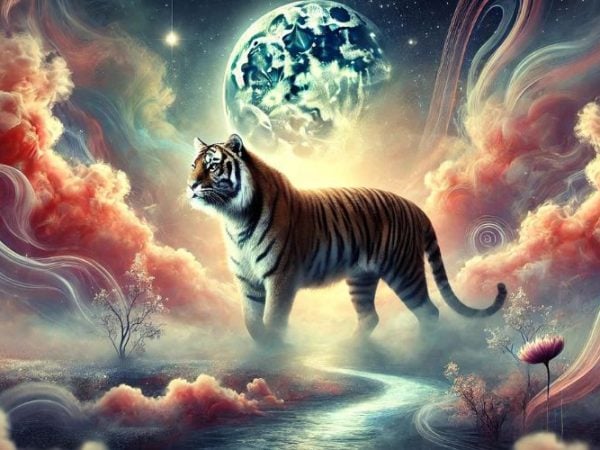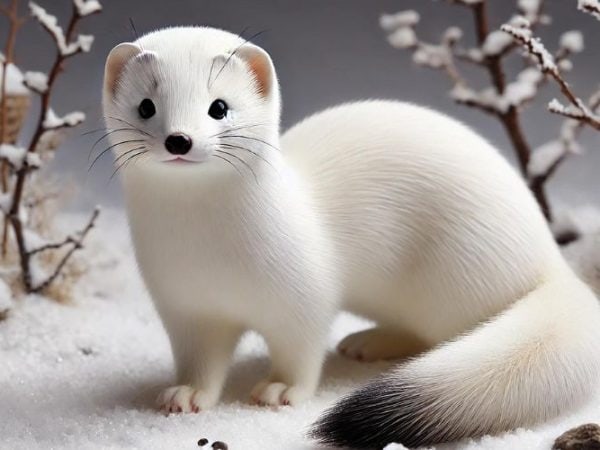Briefly
The wolf, a creature of great instinct, intelligence and social structure, symbolizes guidance, survival, loyalty, and spirit. It signifies strength in unity and the importance of communication and cooperation in a group. The wolf’s keen intuition and predatory nature often denote a sense of freedom and the power of the wild. It’s also seen as a symbol of guardianship, signifying a person’s journey to self-discovery or overcoming personal obstacles.
Wolf in Dreams
From a psychological perspective, the appearance of a wolf in dreams often reflects a power or force that is both fearsome and admirable. It can suggest an aspect of your personality that is free and wild, but that also needs to remain in balance to avoid becoming threatening. Wolves in dreams may signify a struggle with personal power and dominance, or conversely, a feeling of being threatened or overwhelmed. They can also represent loyalty, and the value of social connections and community.
Wolf in Myths and Folklore
In myths and folklore, wolves are portrayed in a multitude of ways. In Norse mythology, the wolf Fenrir is a creature of prophesied destruction, while in Roman lore, the she-wolf that nurtured the twin founders of Rome, Romulus and Remus, is a symbol of protection and divine intervention. Many Native American tribes revere the wolf as a totemic creature of intelligence and strength. In contrast, fairy tales often use the wolf as an archetype of threat and deception, such as the Big Bad Wolf in “Little Red Riding Hood”, symbolizing the dangers that lurk beyond the known and safe.

Read also Fox Meaning & Symbolism

Reviewed by Alexander Lys, M.L., a specialist in the field of symbolism research and dream psychology. A certified participant in numerous psychological seminars and courses, the author of hundreds of articles on psychology, including studies on symbolism in dreams and myths from a scientific perspective.


